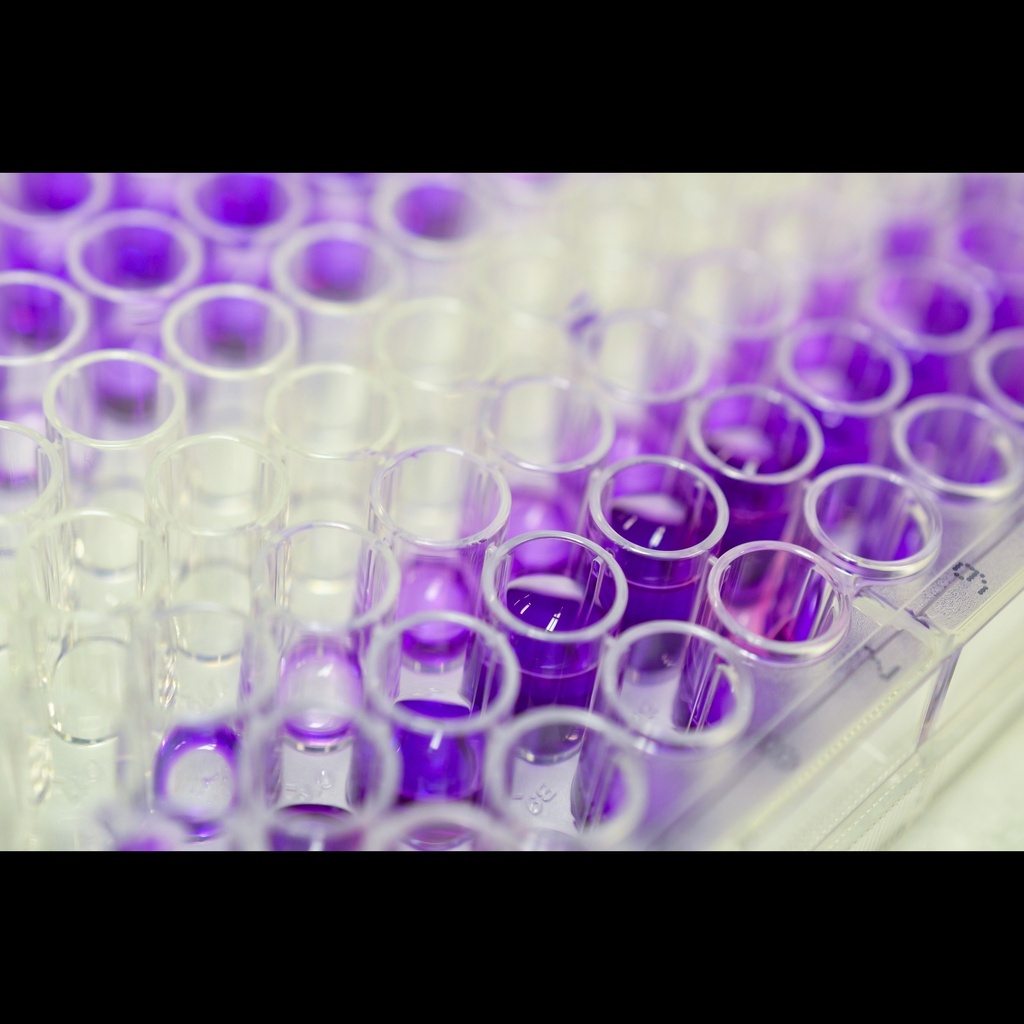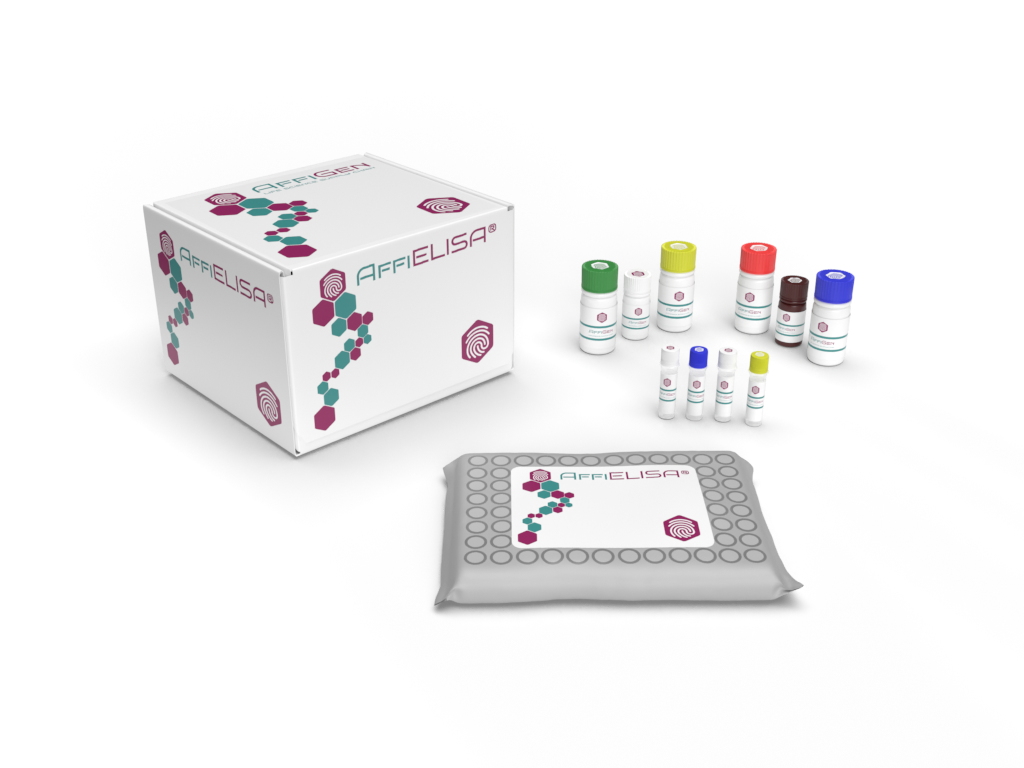Bovine Insulin INS ELISA Kit size: 96 Tests
Bovine Insulin INS ELISA Kit: Overview
Introduction
The Bovine Insulin INS ELISA Kit is a highly sensitive and specific assay designed to measure the concentration of insulin in bovine serum, plasma, and other biological fluids. Insulin plays a crucial role in regulating glucose metabolism and maintaining energy homeostasis in mammals. The accurate measurement of insulin levels in cattle is essential for assessing metabolic disorders, such as diabetes, metabolic syndrome, and growth performance in dairy and beef cattle.
Principle of the Assay
The Bovine Insulin INS ELISA Kit is based on the enzyme-linked immunosorbent assay (ELISA) principle. The test is conducted using a 96-well microplate precoated with an antibody specific to bovine insulin. When the sample is added, the insulin present binds to the antibody. After incubation, the wells are washed to remove any unbound substances. A secondary antibody, which is conjugated to an enzyme (e.g., horseradish peroxidase, HRP), is added to detect the insulin-antibody complex. Following the addition of the enzyme substrate, a color change occurs, which is directly proportional to the concentration of insulin in the sample.
Key Features
- High Sensitivity and Specificity: The kit is designed to detect low levels of bovine insulin, ensuring reliable and accurate measurements even in complex biological samples.
- Quantitative Measurement: This ELISA kit provides quantitative results, which are essential for monitoring insulin levels and understanding the metabolic state of cattle.
- Convenient and Fast Procedure: The assay can be performed in approximately 2–3 hours, providing quick results suitable for both clinical and research purposes.
- Broad Applicability: It is suitable for use in various fields, including veterinary diagnostics, metabolic research, and livestock performance studies.
Components of the Kit
- Pre-coated Microplate: The 96-well microplate is coated with a specific antibody that recognizes bovine insulin, facilitating the capture of insulin in the sample.
- Standards and Controls: The kit includes a set of insulin standards with known concentrations to create a standard curve for quantitative analysis. It also includes control samples to ensure assay consistency.
- Detection Antibody: A secondary antibody conjugated with an enzyme (typically HRP) binds to the insulin captured on the plate, allowing for detection.
- Substrate Solution: The substrate reacts with the enzyme to produce a color change, which can be measured spectrophotometrically.
- Wash Buffer: Used to wash away unbound materials, ensuring the specificity of the assay and reducing background interference.
Applications
- Veterinary Diagnostics: This kit is widely used for diagnosing insulin-related metabolic disorders in cattle, including insulin resistance and diabetes.
- Livestock Management: Monitoring insulin levels in cattle is crucial for optimizing growth and health management strategies, particularly in dairy production and beef cattle farming.
- Research: Researchers use this ELISA kit to study insulin's role in bovine metabolism, growth regulation, and its relationship with other metabolic hormones.
- Pharmaceutical and Agricultural Research: It is used to evaluate the effects of various treatments and interventions on insulin secretion and activity in cattle.
Performance Characteristics
- Sensitivity: The kit is capable of detecting bovine insulin at low concentrations, typically in the range of 0.5–50 µU/mL, making it suitable for both clinical and research samples.
- Range: The assay typically works within a concentration range of 0.5 µU/mL to 100 µU/mL, which is appropriate for detecting both normal and elevated insulin levels in cattle.
- Precision: The assay demonstrates low intra-assay and inter-assay variation, ensuring consistent and reproducible results across different samples and test runs.
- Cross-reactivity: The kit is highly specific for bovine insulin, with minimal cross-reactivity to other related molecules, ensuring that the results are accurate and specific to insulin.
Conclusion
The Bovine Insulin INS ELISA Kit is a reliable and efficient tool for measuring insulin levels in cattle. Its high sensitivity, specificity, and ease of use make it an invaluable assay in veterinary diagnostics, livestock management, and metabolic research. By providing precise and quantitative insulin measurements, this kit helps researchers and veterinarians gain insights into metabolic processes and diseases, contributing to better animal health and production outcomes.

